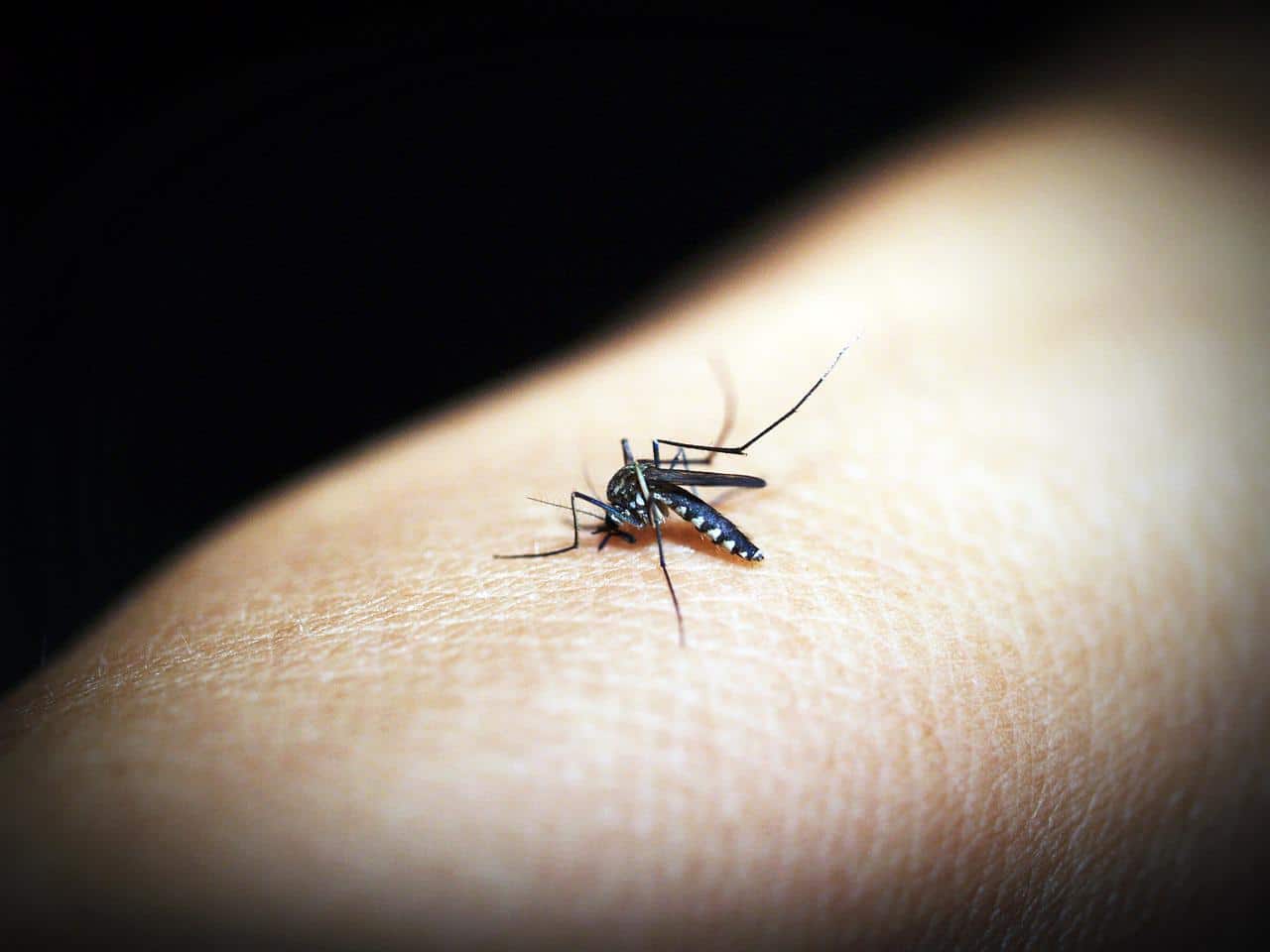The coming of summer evokes days spent outdoors, maybe at the beach and with other people. But days like these have their risks: insect bites, which can ruin our good times, and in some cases the whole holiday.
The most dangerous aspect of insect bites are the allergic reactions that they can trigger and the infections they can transfer.
The latter generates from scratching the itching areas or even from bacteria and viruses transmitted through inoculation by the insect itself. So, the advice is not to scratch the itching areas, no matter how strong the temptation is.
A dermatologist has to be consulted to understand which type of insect has stung the patient, based on the itching.
For this reason, it’s possible to book a dermatological check-up at NefroCenter’s Salute center in Castellammare di Stabia.
In fact, those who go to see a doctor after being bitten by an insect, aren’t always able to accurately tell which insect did bite them. In this case, the type of itching is very indicative for the doctor, as well as the redness.
In cases like this, the detrmatologist may also choose to get more informations by requesting further tests.
In fact, he can submit his patient to further tests to find out the type of infection, even allergy tests to ensure that a similar problem could be adequately addressed in the future.
Mosquitoes’ bites are the most itchy and can cause allergic reactions or infections.
In the worst case scenario, the West Nile virus is spreading in Italy. It gets transmitted by birds as well, and takes its name from the West Nile sub-Region in Uganda.
The West Nile virus causes fever and gets transmitted through insect bites, although not through contact between infected people.
This virus might be dangerous because the symptoms have an incubation time ranging from 2 to 14 days and it can also infect other mammals, including pets.
80% of people who get this virus are asymptomatic.
According to the research made by the Istituto Superiore di Sanità, the remaining 20% show symptoms such as fever, headache, nausea, vomiting, enlarged lymph nodes and skin reaction.
Kids affected by the virus can show symptoms such as eye redness, headache, and muscle pain.
The most serious symptoms affect 1 out of 150 infected people, and they include severe fever, sever headache, muscular weakness, disorientation, shakings, impaired vision, numbness, convulsions, up to paralysis and coma.
In one case out of 1’000, even lethal encephalitis can occur.
The diagnosis is mainly made through laboratory tests performed on serum (Elisa or Immunofluorescence).



